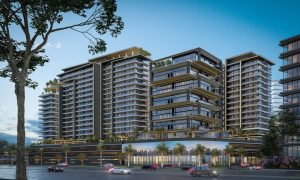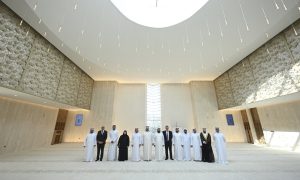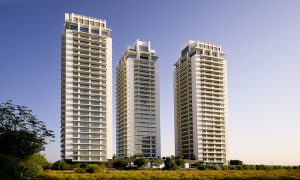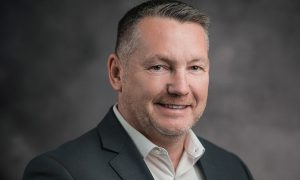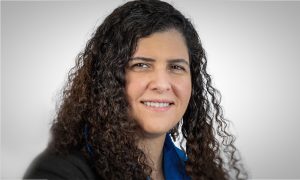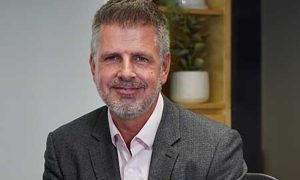Schneider Electric says the Middle East leads $2.6tn global smart cities market
Schneider Electric’s Zeidan says, when using tech, less will be more for the region’s smart cities

Schneider Electric’s Marwan Zeidan has urged the designers of the region’s smart cities to not use technology for technology’s sake ahead of today’s Arab Future Cities Summit Dubai.
The energy management and automation multinational’s Smart Cities expert says that the region should bring together sensors, hardware, and cloud-based software to “bridge city silos for new insights.”
“Integrating IT and OT is vital for the region’s Smart Cities to do more with less,” added Zeidan. “Smart Cities should optimise existing operational layers, integrate with edge control for distributed intelligence, and use apps, analytics, and services to manage public services in real-time.”
Schneider Electric joins the Arab Future Cities Summit Dubai at a time the corporation believes the Middle East and North Africa, and especially the GCC, are spearheading the $2.6 billion global smart cities market. Zeidan is expected to deliver a keynote on Future-Proof Smart Cities and Powering the Digital Economy during the event.
“The Middle East and North Africa, especially with initiatives across the GCC, are spearheading global Smart Cities innovations to drive economic competitiveness, and enable safe, convenient, and prosperous communities,” said Caspar Herzberg, president of Schneider Electric Middle East and Africa and author of the book Smart Cities, Digital Nations.
During the keynote, Schneider Electric will exchange best practices in how governments leverage the Schneider Electric ExoStruxure architecture to optimise Smart Cities. For instance, in Naya Raipur, India’s first greenfield integrated smart city is enhancing transportation, surveillance, citizen applications, Smart Grid solutions, Water Management, and integrated Building Management Systems with the use of 100,000 connected devices and systems. Furthermore, Turkey’s largest city Istanbul has deployed 2,600 smart meters in the metro to improve energy efficiency, 7,000 CCTV cameras to enhance safety, 200,000 I/O points on satellite maps to more accurately forecast natural gas management, and 3,000 smart meters on ferries to “enhance their safety and reliability.”
“The key to building a Smart City goes beyond its technical aspects. Rather, it is essential to foster a sense of collaboration among stakeholders, moving beyond traditional organizational siloes and working towards a common purpose,” added Caspar Herzberg, “A collaborative approach in tackling today’s urban issues – energy, mobility, sustainability, and wellbeing – is of paramount importance to Schneider Electric, and we look forward to leveraging it as we work together to build the cities of tomorrow.”


